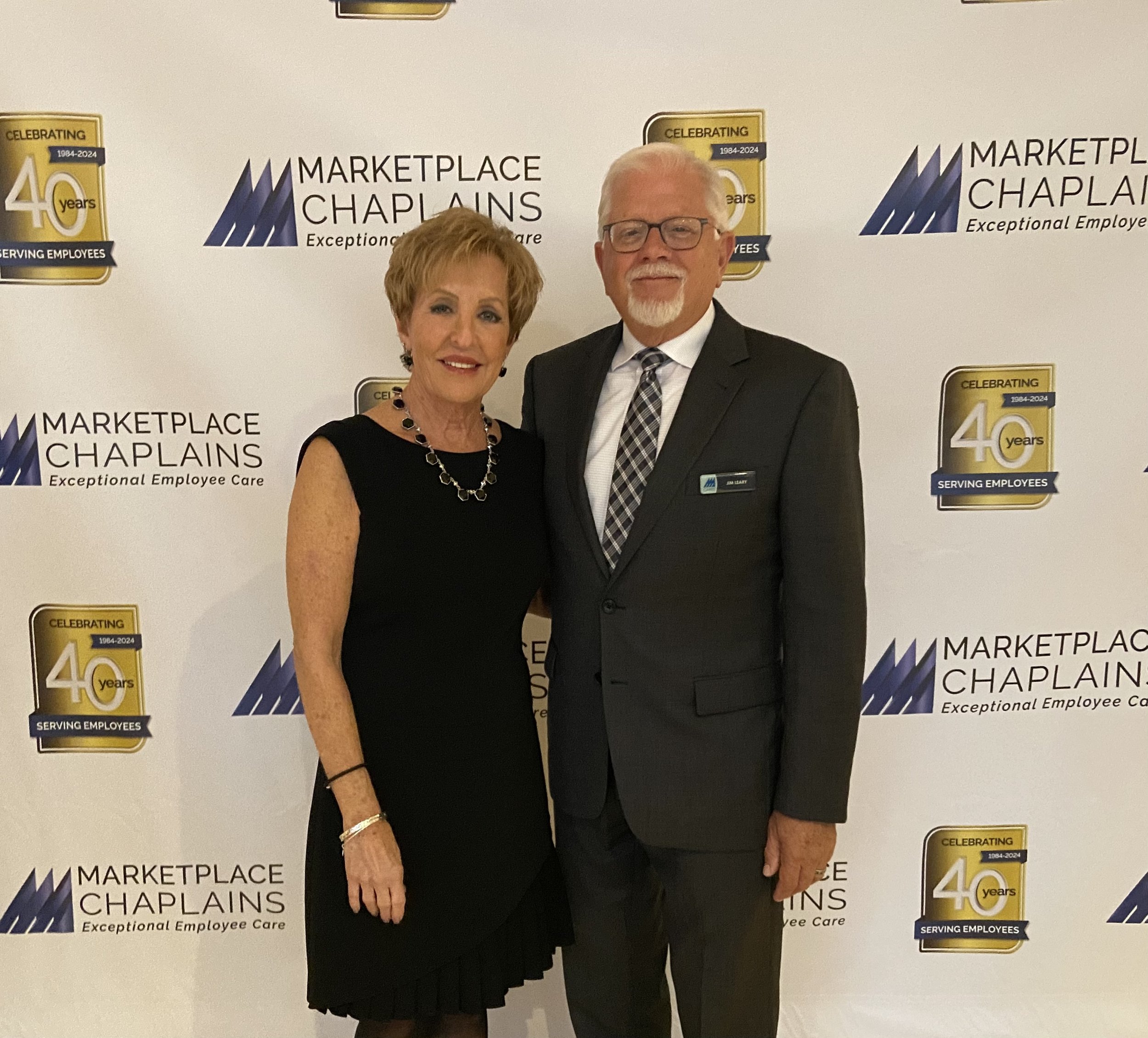The Making of the Chaplain Writer: The Early Years - High School
In this installment of my series, The Making of The Chaplain Writer, I reflect upon my high school years, a time rich with friendships, music, and enduring memories. It's in these formative years at Elkins High School that some very influential chapters of my life were written.
Music played a pivotal role during these years. I fondly recall my time in the Elkins High School Band, where I played the trombone—a skill I occasionally indulge in even today. The band, under Mr. Basil's excellent guidance, wasn't just an ensemble; it was a melting pot of talents and dreams. We were able to participate in the marching band, the concert band, and the jazz band, each offering unique experiences and lessons. Traveling across West Virginia and beyond for festivals, we not only honed our musical skills but also built a sense of camaraderie and team spirit.
Parallel to my school band experience was my venture into rock music. I was a member of 'The Shadows of Love,' a band where we reveled in playing cover songs of our favorite bands. Singing and playing the trombone for Chicago's 'Color My World' and 'Beginnings' was not just fun; it was a journey into self-expression and creativity. These experiences in music were more than just performances; they were the building blocks of discipline, teamwork, and artistic expression.
During the summer of 2022 I had the honor of attending the 50th class reunion of the Elkins High School Class of 1972. (See Photo) It was a remarkable gathering, reconnecting with old friends and reliving the memories that have shaped us. As the emcee of the afternoon program, I witnessed the organized chaos of nostalgia and laughter, a beautiful reminder of the bonds formed in those hallways.
My high school years taught me invaluable lessons. From the friendships that have endured over decades to the discipline and joy of music, these experiences have shaped my values and perspectives. The relationships nurtured during those years continue to be a source of strength and joy.
I am grateful for my high school years. They were a time of growth, learning, and joyous exploration. The values learned and the relationships maintained are a testament to the enduring nature of true friendship and the transformative power of music and teamwork.
As I reflect on these years, I am reminded of three foundational principles that have shaped my life:
The Power of Music and Artistic Expression
The Importance of Relationships
The Value of Teamwork
These are not just memories; these principles remain firmly part of my beliefs today.
Jim
The Chaplain Writer
This post serves as an installment in a month-long journey about The Making of The Chaplain Writer. Join me as I share the stories that have shaped me, and let's discover together how hope and encouragement can emerge from the pages of our collective stories.



















